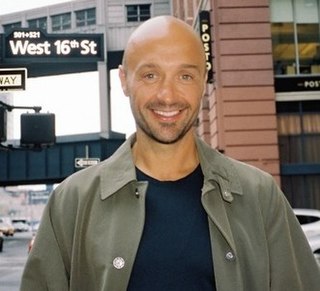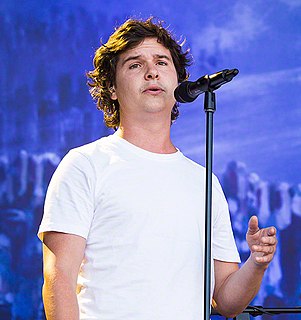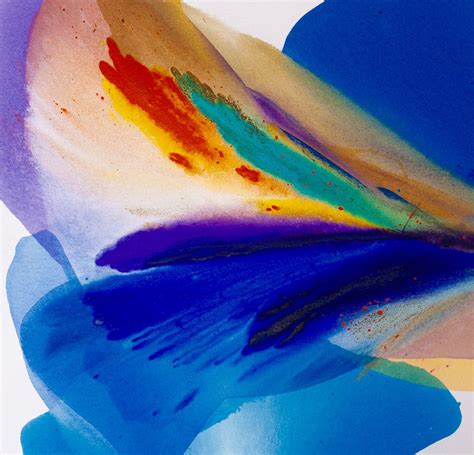A Quote by Sarah Weinman
A lot of the major players in the 1960s were the same as the 1940s and 1950s - Hitchen's 'Sleep with Slander.' Armstong's 'Lemon in the Basket,' which is a fusion of the political assassination thriller and a family drama. And Hughes's 'The Expendable Man.'
Related Quotes
I had the good fortune to be raised in the 1940s and the 1950s. As I entered business in the late 1950s and 1960s, America was just coming into its own as a great industrial power. It allowed young entrepreneurs to start their engines, to start their businesses, to borrow a little money and to leverage what they had.
In effect, I grew up in a sort of timewarp, a place where times are scrambled up. There are elements of my childhood that look to me now, in memory more like the 1940s or the 1950s than the 1960s. Jack [Womack] says that that made us science fiction writers, because we grew up experiencing a kind of time travel.
The 1960s was probably the first time in history that young people were recognized as a big group of consumers and as a commercial proposition for Madison Avenue. Advertising played a major role in creating the ethos of that era - the idea that, "Here it is, and you can have it now." I know that many kids thought that the ethos of the 1960s was due to their own peculiar virtues, but, in fact, it had a lot to do with the realities of the marketplace and commerce.
A few of Ellison's short stories from the 1940s and 1950s were widely anthologized over the years. After a while, it became generally known that he was at work on another novel. Though he remained aware ever afterward of the authority 'Invisible Man' gave to him, no second novel followed his brilliant debut in 1952.
'Hereditary' is unabashedly a horror film, whereas 'It Comes at Night' was a lot of things: it was a thriller; it was a postapocalyptic drama. It was a slow-building, very dark movie about relationships. 'Hereditary' is also about relationships, and I hope it functions as a vivid family drama, but it is also very much a horror film.

































